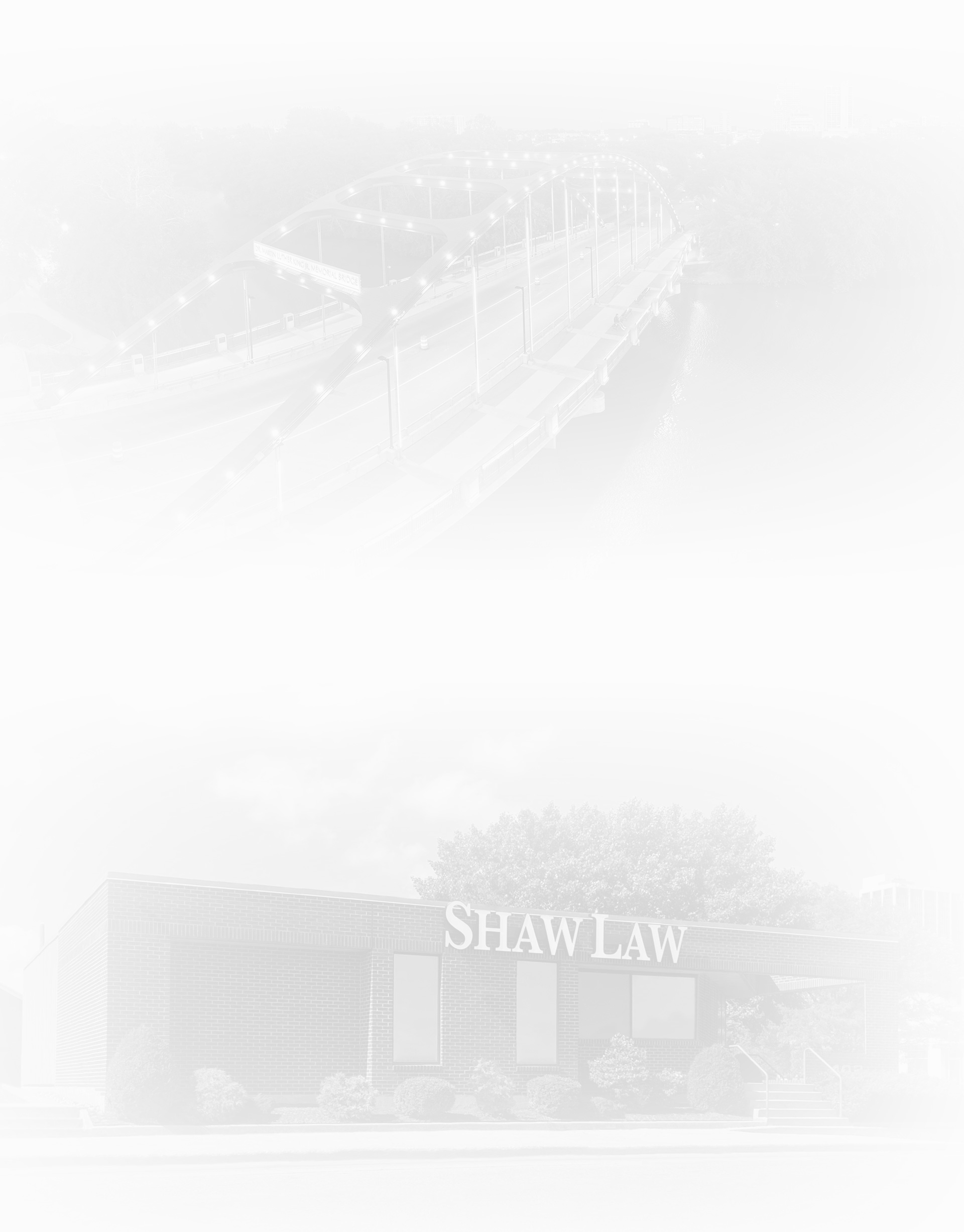
Sexual Abuse
If I Was a Victim of Sexual Abuse, Can I Sue Both The Person Who Abused Me and his Employer or the Owner of the Business or School Where It Happened?
Yes, but it depends upon the specific facts of what happened and when it happened.
In order to answer the question of whether you can sue a business, such as your employer for spreading the Coronavirus to you, we must first understand some basic concepts of Indiana law.
These concepts that must be explained include:
- What is a Negligence Lawsuit?.
- How is Criminal Prosecution Different Than a Civil Cause of Action for Negligence?
- Who Are the Parties in a Criminal Case versus a Civil Case for Sexual Abuse or Sexual Assault or Child Molestation?.
- The Burden of Proof in a Civil Lawsuit for Sexual Abuse, Sexual Assault or Child Molestation
- If the Injured Person is Successful in Proving the Assault and/or Abuse, what is the remedy?
- If a sexual abuse case is proven to have occurred in a civil lawsuit, who pays and how much is it worth?
What is a Civil Lawsuit based Upon Negligence or Fault?
A civil lawsuit can include a “negligence” claim filed against a person or a group or business that failed to act reasonably or acted unreasonably under the specific set of circumstances which led directly to an injury or loss to a person.
In a civil case, the Plaintiff (injured party) would allege the Defendant – a person and/or business -- caused injuries and damages to the person who was sexually abused or sexually assaulted. These injuries can be physical and/or mental in nature.
Criminal Prosecution Versus A Civil “Cause of Action”
In a criminal case, the government (often the State where the occurrence took place), brings a criminal case against the perpetrator. All criminal law cases are based upon a violation of a written statute in a criminal code book.
On the other hand, a civil lawsuit does not necessarily have a written code book or statute for civil wrongs such as child sexual abuse or sexual assault. These violations are often found in “common law” cases. This means that other cases in the past have developed “causes of action” or violations that have taken on the effect of laws as if written in a statute book.
Since there is no cause of action known as “sexual assault” in civil law books, many sexual abuse litigants will list “causes of action” such as Intentional Infliction of Emotional Distress or Battery as a “cause of action” in its Complaint filed in Court against the Defendant.
The elements of truth (the foundational building blocks of a case) differ in a criminal case and civil case, too.
Both types of cases involving the same conduct can occur simultaneously or one after the other. There is NO requirement that a person must be convicted criminally before an injured person can sue in civil court for damages caused by the sexually abusive conduct.
Similarly, there is no requirement that the Defendant is convicted or found “guilty” in a criminal court before an injured person can seek damages for losses due to his conduct. A prime example of this concept was the infamous OJ Simpson murder case. He was not convicted by a criminal court, but found to be responsible for causing injuries to his former wife and the delivery person. His estate was liquidated to pay the civil judgment verdict in their favor.
Participants in A Criminal Case Versus A Civil Lawsuit
In a criminal case, there are usually two parties – the government (often the County Prosecutor’s Office of the state where the event occurred) and the alleged criminal defendant. Of course, there might be more than one criminal defendant in the case if the abuse was perpetrated by by two or more individuals.
In a civil lawsuit, things are not so clear. If the person alleging sexual abuse was a minor, then that minor’s identity could be shielded and the action would be officially named in court as the parent(s) or legal guardian(s) of the child against the perpetrator.
While both the criminal and civil case use the word “Defendant,” there are major differences between being a Defendant in a criminal case versus a civil case.
Burden of Proof
Defining “Burden of Proof “ is sometimes a difficult thing to do.
In short, it is the legal duty of one party to persuade the Judge or jury that enough evidence has been presented to persuade the trier of fact (the one who decides which facts are true – most often a jury, but sometimes a Judge if the parties agree in advance) that they are correct.
There are two major different standards in American cases – criminal cases and civil actions. In a criminal case, the government must prove its case “beyond a reasonable doubt” to the jury. This means some doubt can exist in the juror’s minds, but that doubt must be reasonable when evaluating it to find a person “not guilty.”
In a civil action, however, the standard of proof is called a “preponderance of the evidence.” This is a fancy legal term that means one side is more likely correct than the other, even if by the slightest of weight. I like to refer to it as which side is “probably” right. There can be lots of doubt in a juror’s mind that still finds for the party who was “probably” right.
Consequently, in a child sexual abuse case, the plaintiffs (the injured persons) must prove the act “probably” did occur and it “probably” did cause damages (losses of an economic or noneconomic nature like mental anguish, medical bills, impairment, disfigurement).
In a criminal case, the State (government) must prove a violation of each and every element of the statute found in a criminal code book. This often includes proof of when the event occurred, where it occurred, what occurred and the state of mind of the Defendant at the time of the event (intentional or reckless or negligent intentions).
In a civil case, the state of mind of the Defendant is not necessary to prove. But, the additional element of “proximate cause” is included. Proximate cause is colloquially defined as proof that the event directly caused the damages complained of by the Plaintiff (party bringing the action). In other words, the losses suffered by the Plaintiff must be proven to have been caused by the sexual assault and not some other unrelated event.


Our Settlements & Verdicts
Defending the Community Since 1989
Our top priority is to devise customized legal strategies that are tailored to the unique legal needs of our clients, no matter how simple or complicated their situations, might be.
-
$150,000 $150,000 Verdict in Washington, IN
Dump Truck Driver With Stitches on Arm Awarded $150,000 by Jury Where No Contact Occurred in Daviess County
-
$200,000 $200,000 Verdict in Bedford, IN
Maximum Uninsured Coverage to Driver With Multiple Sclerosis Awarded Against His Own Insurer, State Farm Insurance Company (Reduced to $100,000 Policy Limits)
-
$300,000 $300,000 Settlement in Porter County
$300,000 Wrongful Death Settlement - Wrongful Death Maximum Insurance Policy Limits Paid for Pregnant Woman Who Dies in Auto Accident in Porter County
-
$350,000 $350,000 Settlement in Valparaiso, IN
Woman Settles for $350,000 for Falling on Broken Asphalt near the Concrete Pad While Pumping Gas in Valparaiso, Indiana (March 2019)
-
$40,000 $40,000 Verdict in Valparaiso, IN
$40,000 Verdict for Elderly Lady Living in Assisted Living Facility for Slip and Fall on Ice on Her Patio
-
$400,000 $400,000 Verdict in Indianapolis, IN
$400,000 Verdict Upheld on Appeal to Moped Driver When Car Turns Sharply in Front of Him Causing Collision